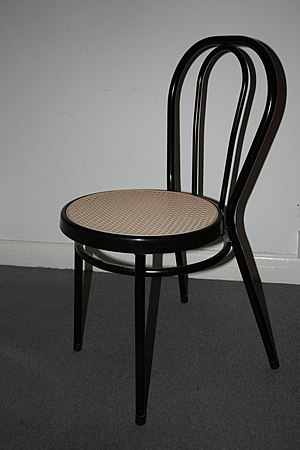Today people around the country are sitting down to huge meals with their loved ones. It is a holiday based on family and feasting. Unfortunately there are empty chairs at many of these tables, chairs once occupied by the incarcerated.
Former inmate John Lash brings us an important holiday piece on the subject through the Juvenile Justice Information Exchange:
When I was on the inside, holidays weren’t so bad. Often the prisoners would come together and make meals, and guys would normally be a little nicer. We were all missing our families, and somehow that drew us together a little more than during the rest of the year. Somehow we were able to humanize one another a little more.
It’s only been since my release in December of 2009 that I have seen the other side of this story. For the families on the outside it is not a better time of year. When they gather around the table to eat a big meal and celebrate life there is a conspicuous absence. There is a gaping hole where their loved one should be.
I know it is depressing to think about during a festive season, but think how much more depressing it is to live it. We have far to many empty chairs at tables across the union, a fact attributable to our nation’s focus on retributive justice. Incarceration is less effective and more expensive than a more rehabilitative, restorative approach.
While a vast array of facts and research support this, Lash gives an inmate’s-eye-view of restorative justice and why it is so much more effective.
Restorative justice tells us that we are all part of the web of connection. These are the strands that connect us to everyone in our lives, starting with our families and friends and stretching out to strangers thousands of miles away. Crime, and the consequences of how crime is dealt with, do damage to this web. Damage to the web is what my family felt every time they gathered and I wasn’t there. It is also felt by the family of the man I killed. I believe that it is felt by all of us when we read the newspaper or turn on the television. We can tell that something is broken. Restorative justice seeks to repair these broken strands; to restore the web to strength and wholeness. Practitioners seek to repair it for everyone affected by crime. This includes victims, families, community members, and even the ones who commit the harmful act.
Is not in the spirit of the season to endorse this sort of stance? Incarceration, particularly at an early age, is often more a “crime school” than a deterrent. It is quite frequently a waste of lives, potential, and civic resources.
Take a moment this holiday and think about how you can help those who should be in the empty chairs. Rehabilitative strategies could have filled many of this season’s empty seats.
Related articles
- JOINING FORCES: Restorative Justice: Shifting our Paradigms about Responding to Crime (preventchildabuseutah.wordpress.com)
- [link] More offenders to meet their victims under plan to expand restorative justice (slendermeans.wordpress.com)
- Julian Huppert MP writes… Community sentencing and restorative justice (libdemvoice.org)
- More offenders to meet their victims under plan to expand restorative justice (guardian.co.uk)
- Restorative Justice (islingtonblogs.typepad.com)











